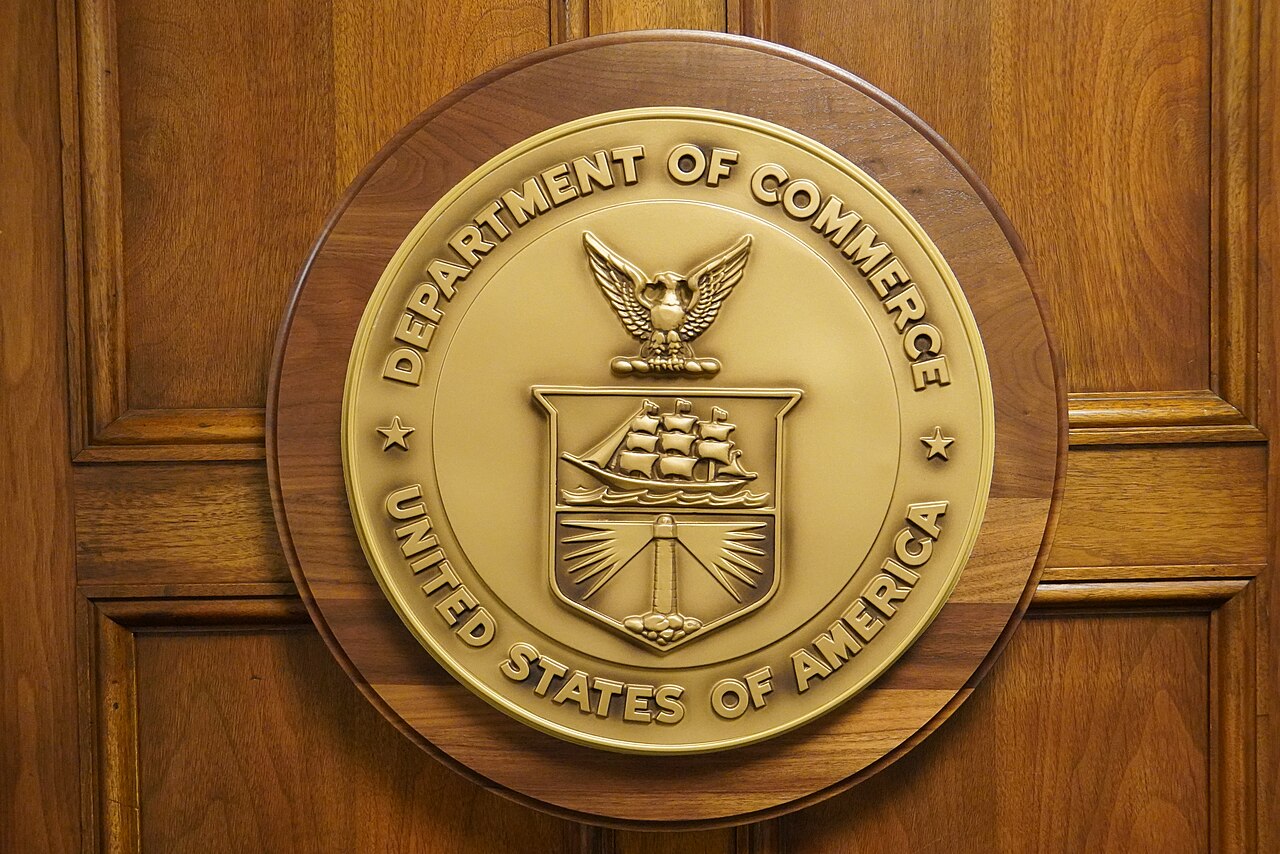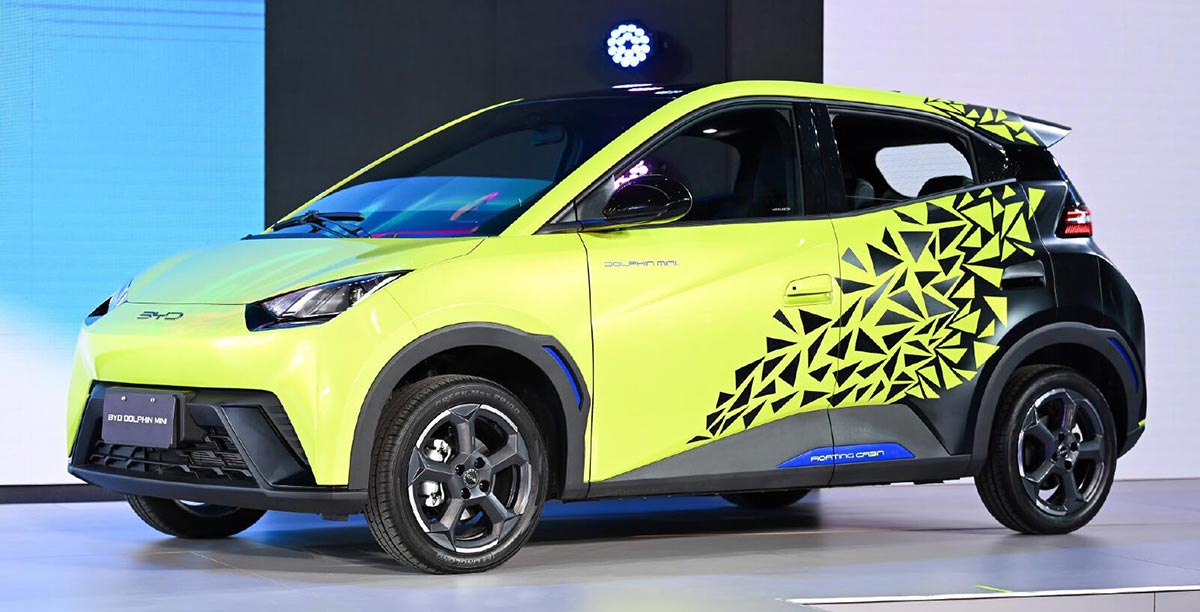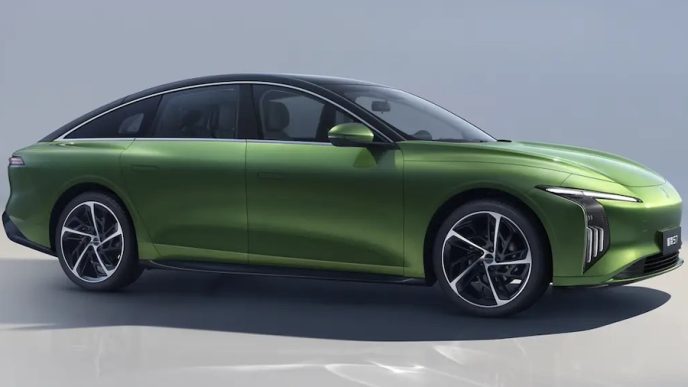The U.S. Commerce Department stated on Friday that proposed rules to ban Chinese internet-connected vehicles and key Chinese software and hardware could result in a reduction of up to 25,841 vehicle sales annually and lead to higher prices.
The department highlighted that U.S. automakers and others selling in the country could face a competitive disadvantage in the global market due to the increased prices.

The department’s proposal, aimed at reducing national security risks related to China, could block between $1.5 billion to $2.3 billion worth of vehicle components from Chinese and Russian companies for vehicles sold in the U.S.
While the proposal includes an exemption process, the rule would effectively ban Chinese vehicles as they typically include internet-connected software and hardware.

The software restrictions are proposed to take effect in the 2027 model year, with hardware prohibitions coming into force by the 2030 model year or January 2029. The public has been given 30 days to comment before the rules are finalized.
The Commerce Department emphasized that the primary benefit of these rules would be to reduce the risk of a “catastrophic attack due to the exfiltration of data and remote manipulation of connected vehicles.” The rule would impact U.S. automakers General Motors and Ford Motor, both of which import vehicles from China. In the first half of 2024, GM sold about 22,000 Buick Envision models and Ford sold 17,500 Lincoln Nautilus vehicles, both of which are assembled in China.
Source: Reuters









